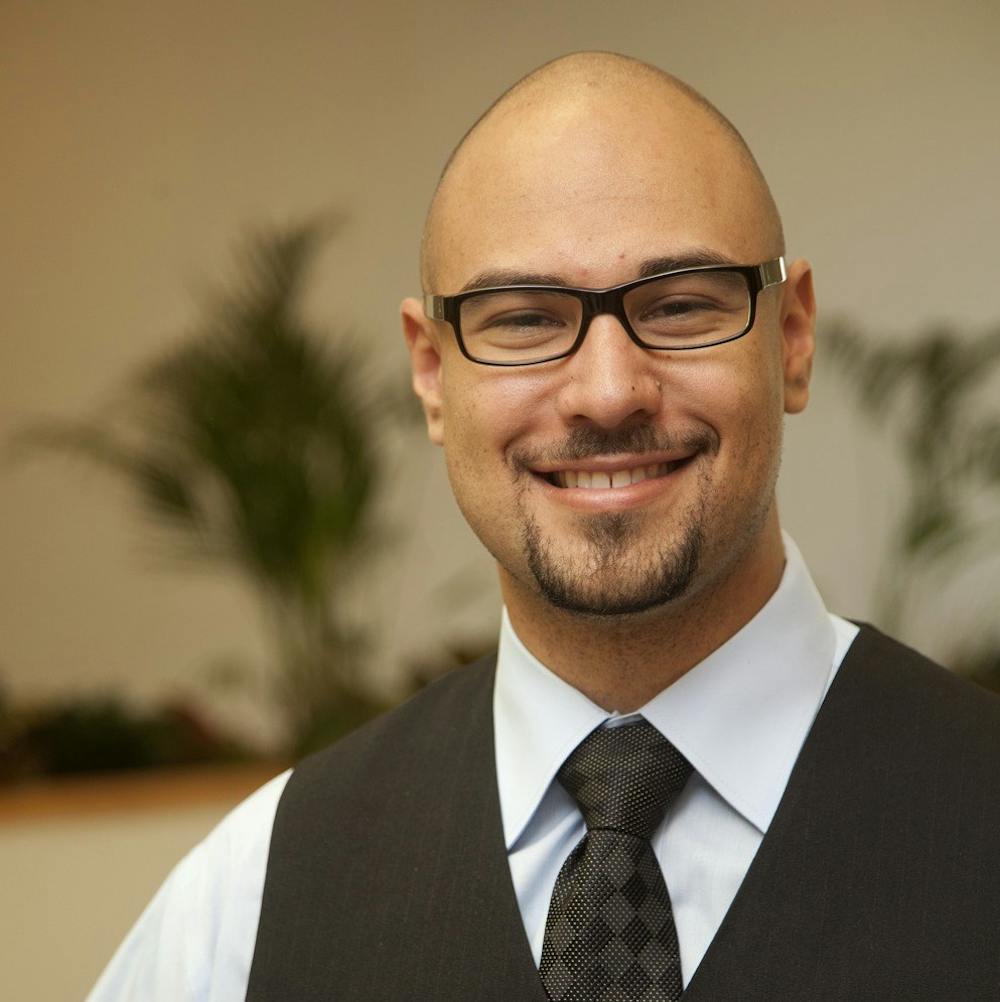“Dr. Grollman, this is the worst chapter of my life,” a Black woman student revealed to me in my office two years ago. Her comment was heartbreaking, especially coming from an individual who has lived but two decades and was on her way to finishing her degree at this world-class university. I refrained from trivializing her comments, avoiding some flippant response like college supposedly being a time of fun and self-exploration as though she had chosen, instead, to be miserable. Rather, I told her that I believed her, as I would when anyone has revealed that they have suffered from violence (in her case, the intersections among racism, sexism and classism). I pointed out resources that were available to her to help her survive and, ideally, thrive on campus. And, I asked that she consider finding ways to leave the campus in better shape than when she arrived, for I do not want to hear cohort after cohort of Black University of Richmond students reveal their misery to me.
That student’s misery was not unique to her experiences at UR. Although other students have not quite gone as far as to declare that their four to five years at Richmond are the worst chapter of their lives, they have expressed their misery in similar terms. I have lost count of the number of students of color who have revealed their intentions to transfer, or that transferring is not possible given the generous scholarship and/or financial aid they are receiving. Better yet, I do not know how many are not miserable, looking to leave or counting the days until their graduation – it does not seem like many.
Students of color, I see you come into my class with a dark cloud over your head. I know you use your hoodie, blaring music on your headphones and a facial expression that says, “Don’t f*** with me!” as a shield to your racist and classist surroundings. Maybe you have checked out of the campus social scene all together, or you begrudgingly go to lodge parties because there is nothing else to do. Or, you go to events by groups of color though they always seem to have a heavier police presence. Some of you desperately try to find community, only to be disappointed that social class, or gender, or sexuality, or religion, or ethnicity, or nationality, or even racial politics create divisions that make community for people of color nearly impossible. Many of you want to change things, to make Richmond more diverse and inclusive, but are so disenchanted by the lack of a political culture on campus – why even bother if only 20 people show up, or if white students will dismiss your efforts because we live in a supposedly post-racial society now?
You are all young, gifted and Black. But, I know that more often than not, you feel nothing more than Black on this campus. I believe you. And, I believe that if I were a student here today, I, too, would be miserable. I cannot imagine being able to breathe in what appears to be a suffocating environment for many students of color.
But, as a professor, I am able to breathe. And, with more and more support from my department colleagues, Dean Kathleen Skerrett, Provost Jacquelyn Fetrow, Associate Provost Lázaro Lima and President Ronald Crutcher, I have been able to breathe more deeply. I know that with that privilege, I am also charged with the responsibility of helping others who cannot breathe as deeply – and, that largely means you, students of color. Despite the lack of exposure to critical race, feminist and queer perspectives in my academic training, I am pushing myself to bring these perspectives to my classes in sociology, even those cross-listed with WGSS and Healthcare Studies. Despite the pervasive myth of objectivity in academia, I push myself to not only “show up” as a professor of color, but also to be authentic, for having brown and black faces is meaningless if they do not bring diverse perspectives and experiences. Despite fearing for my job security and physical safety, I push myself to be brave on campus to model for you that you can be a critical, academic and Black.
Students of color, you are not alone, despite the small numbers of Black, Latino/a, Asian and American Indian students (when you calculate by each specific race and ethnicity). You are not alone in feeling miserable, in wanting to leave, in wanting to demand change. You are not alone in experiencing racial discrimination, racial battle fatigue, racist microaggressions and being subject to racist stereotypes. You are not alone in wanting to just get that degree, cross that stage so you can make your mother proud, and get a good job afterward – but wondering if it is all worth it considering the obstacles that lie ahead and those you have already overcome. You are young, gifted and Black – and you are many.
Let’s be real for a moment. Richmond, like most universities, was neither created for nor by people of color. We had to push our way in through court cases and protests. Still today, “diversity” rhetoric in academia rings hallow in the face of segregation and strained race relations on campuses, while racist white conservatives are still challenging Affirmative Action. Meritocracy in society, including higher education, is a myth. It is dangerous to assume that this university will be here for us, will look out for us, will treat us equally, will affirm our existence. We are, by and large, on our own.
So, I ask, then, that you find others around you to build community. Get out of your dorm rooms, and stop hanging exclusively with your roommates and floormates. If existing groups are exclusive, demand that they become more inclusive, or start your own group. I want you to think creatively about how to make your voice heard. Alumna Dana MacLaughlin, WC ’14, conducted a wonderful historical analysis of LGBTQ life at Richmond over time, which you can see online at the Office of Common Ground’s website – I recommend a similar project, or at least using The Collegian to document your life, your existence, your amazing work. Every event that you plan related to race and ethnicity, be sure that a Collegian reporter is there with a camera; if they do not show up, write your own op-ed about why you planned it or what happened. Think about what you need to survive and thrive while you are a student here, and also think ahead to how you can improve the campus for future classes of students of color. Reach out to faculty and staff of color to ask how they might support you, too; sometimes we simply do not know what is going on, and get consumed with our own survival. But, we likely had support to get here, too.
If you are miserable right now, that is fine. Please do not pretend otherwise. But, you deserve better. The reality is, “better” has never been handed to us, and probably never will be. With President Crutcher at the helm, now is definitely the time to make your voices heard, to demand that the university genuinely live up to its promises of diversity and inclusion, and to leave your mark on this fine university of ours. Trust me, you will sleep better at night in 10 years knowing that you might have been miserable, but were active in working to improve the campus.
Eric Anthony Grollman is an assistant professor of sociology at Richmond. He can be reached at egrollma@richmond.edu.
Enjoy what you're reading?
Signup for our newsletter
Support independent student media
You can make a tax-deductible donation by clicking the button below, which takes you to our secure PayPal account. The page is set up to receive contributions in whatever amount you designate. We look forward to using the money we raise to further our mission of providing honest and accurate information to students, faculty, staff, alumni and others in the general public.
Donate Now



